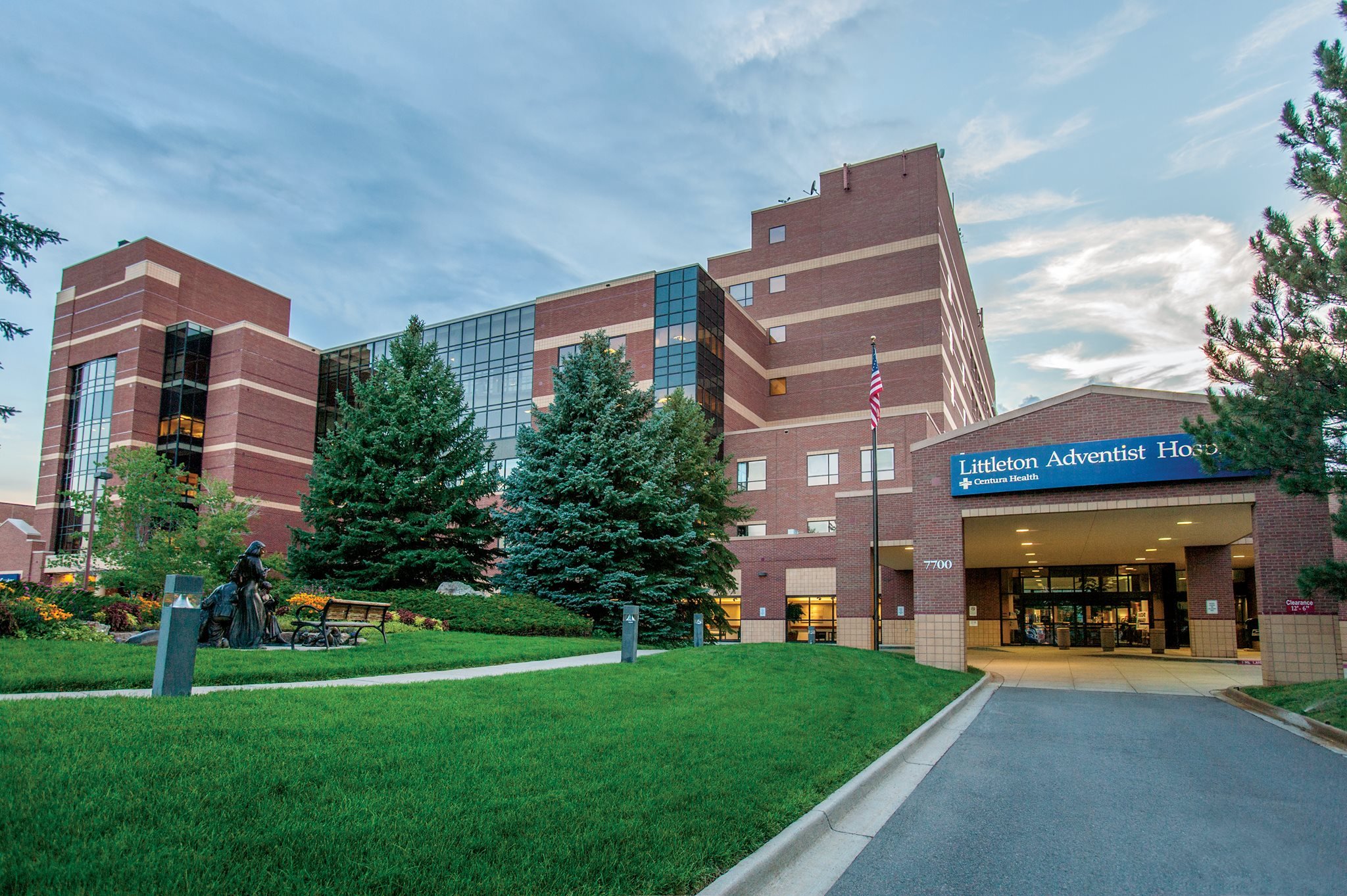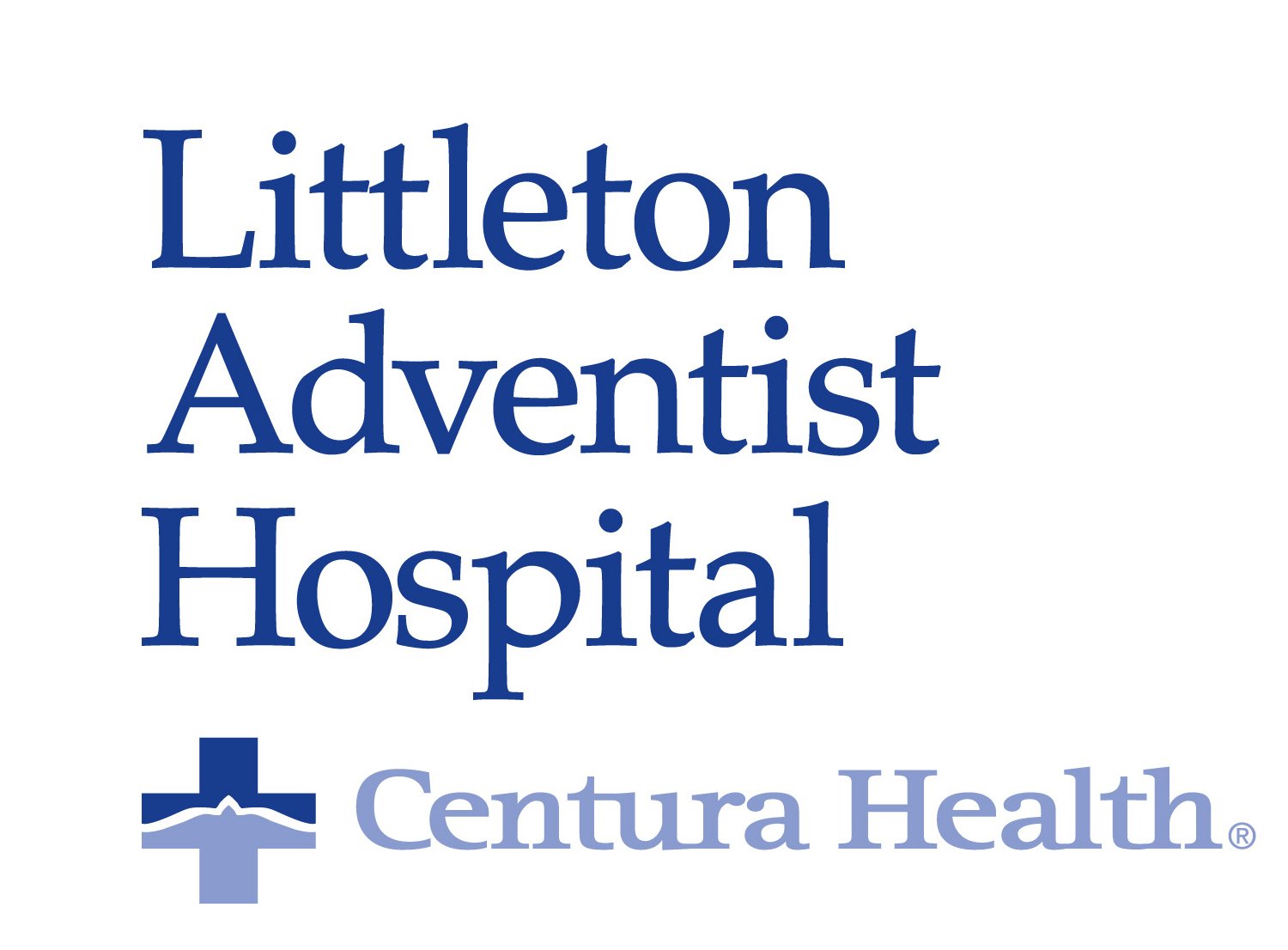April 21-27, 2019 is National Infertility Awareness Week
As a community focused on enriching communities and empowering moms, we know how life-changing, soul-enriching and incredibly joyful it can be for you to parent your little (and maybe not so little) ones. We also know how heartbreaking and painful it can be, too. Especially when your dream of becoming a parent has proven challenging or seems impossible.
Healthy couples under age 30 who have unprotected sex regularly have about a 25 to 30% chance of getting pregnant each month, with peak fertility occurring in a woman in her early 20s. Unfortunately, it is estimated that one in six couples trying to conceive a child are unable to because of infertility. Infertility is the inability to get pregnant and may be due to issues in the woman, man, or even a combination of both. Infertility is grouped into two categories: couples are considered to have a primary infertility when they cannot get pregnant after at least one year of unprotected sex. Couples are considered to have secondary infertility if they have already been pregnant at least once but cannot get pregnant now.
A wide range of health issues can affect a woman's ability to get pregnant, including hormonal (endocrine) disorders, injuries from infections, older age, birth defects, and lifestyle factors, such as eating disorders, excessive alcohol consumption, and smoking. A number of tests and procedures are available to diagnose the underlying causes, including blood tests to check hormone levels, body temperature monitoring to see if ovaries are releasing eggs, a pelvic ultrasound or a laparoscopic procedure to view your abdomen.
Treatment depends on the reason for your infertility and may range from education and counseling to surgery to medications. Infertility services may include:
- Medications to stimulate ovulation
- Intrauterine insemination
- In vitro fertilization (IVF)–joining sperm and egg in a laboratory dish
- Intracytoplasmic sperm injection (ICSI)–inject a single sperm into an egg
- Egg donation
- Sperm banking
- Embryo cryopreservation–freezing embryos for later use
Another important part of whole health – body, mind, and spirit – is seeking counseling for couples who are dealing with infertility or loss of a baby. Infertility affects our bodies physically, but it also plays a significant role on our mental health, as well.
Parenting can bring the highest of highs and the lowest of lows. Know you have support throughout every step of your journey.
Learn more and find resources at https://infertilityawareness.org/.

Each month, Littleton Adventist Hospital brings Health & Wellness "news you can use"
to our Macaroni Kid families. You can also find them online and on Facebook.

7700 S Broadway, Littleton, CO 80122
WEBSITE | FACEBOOK | TWITTER


